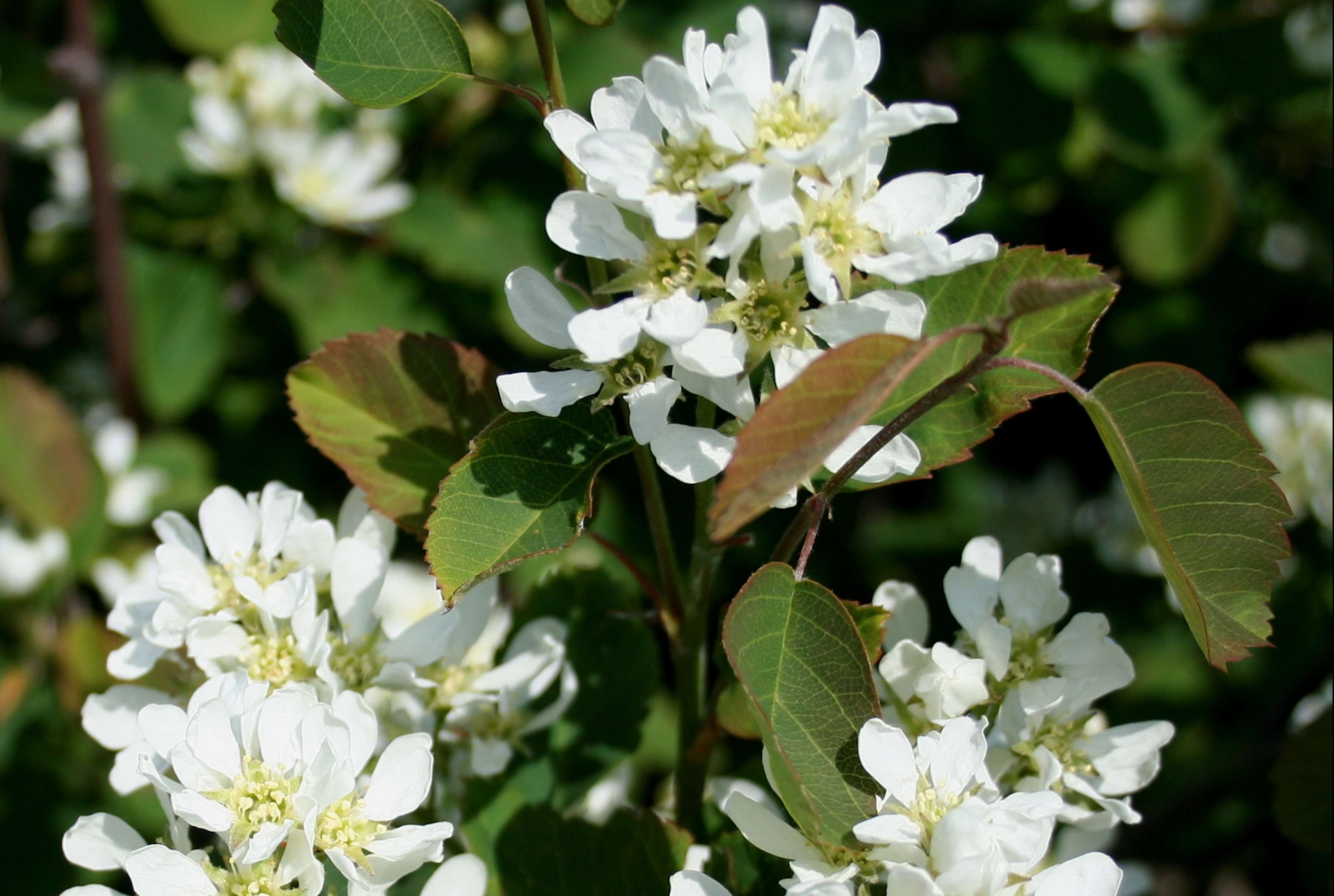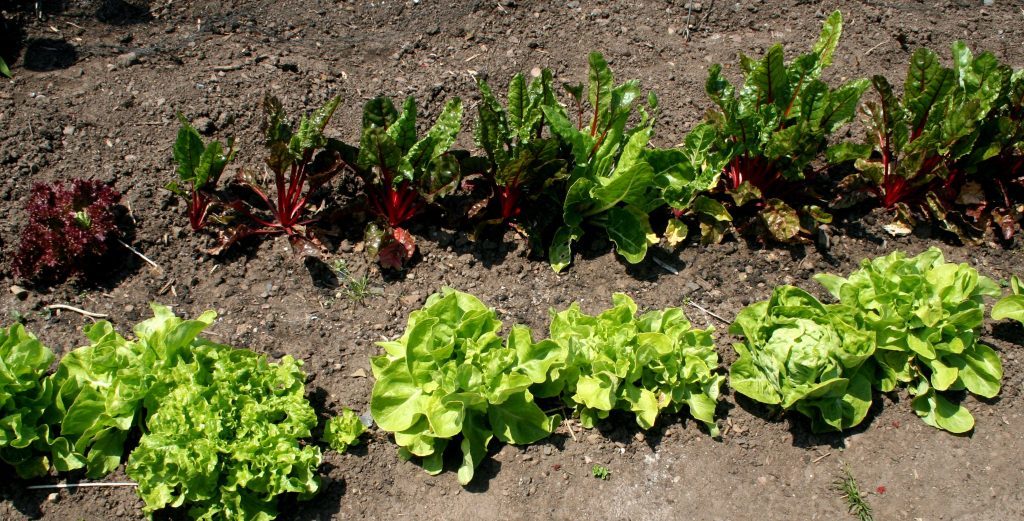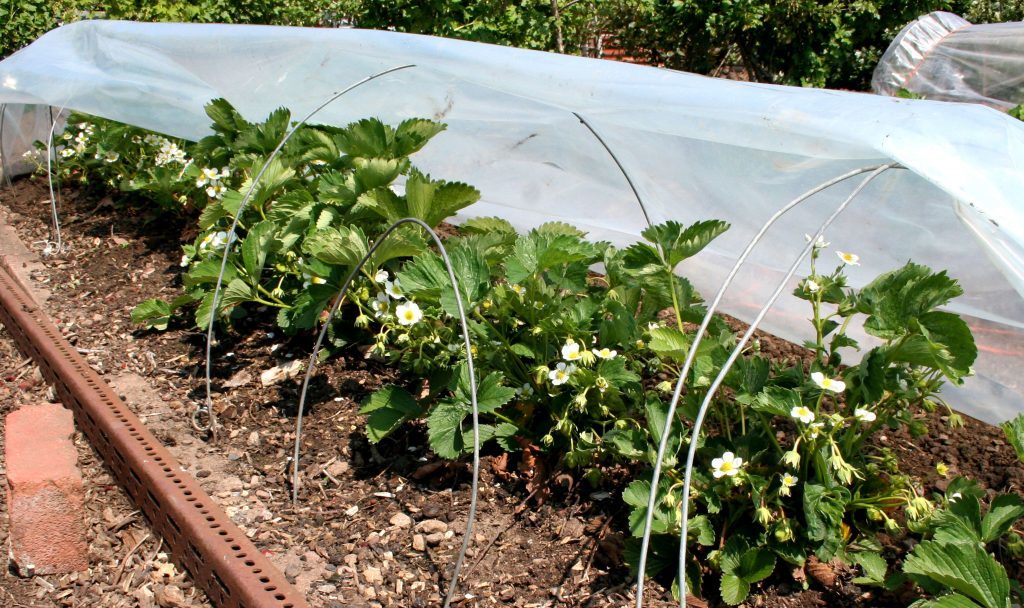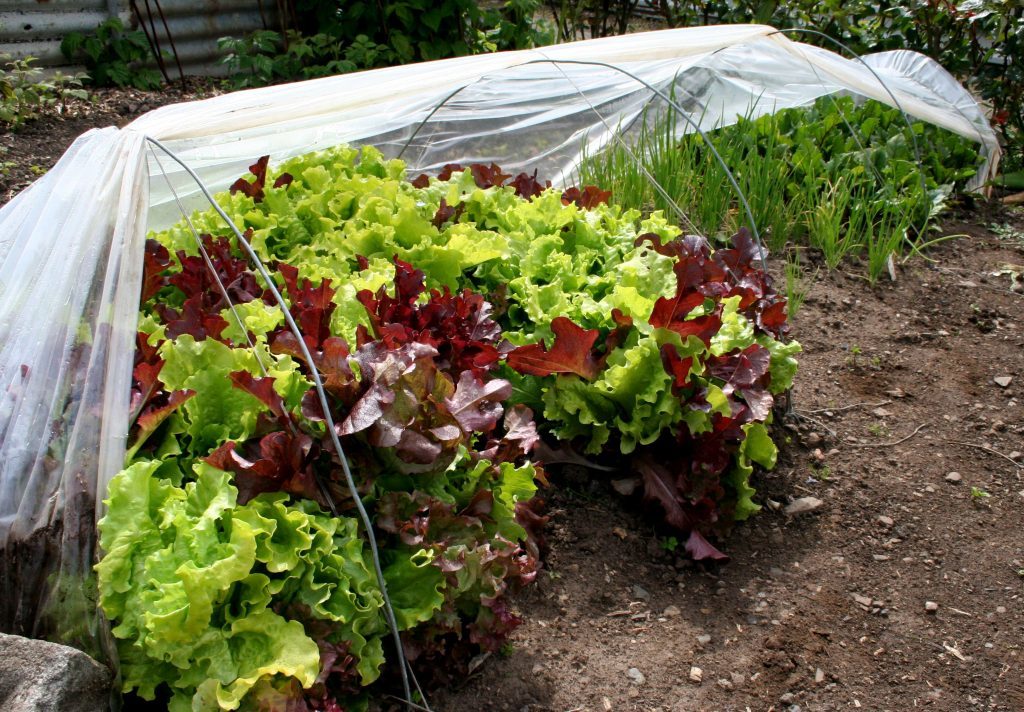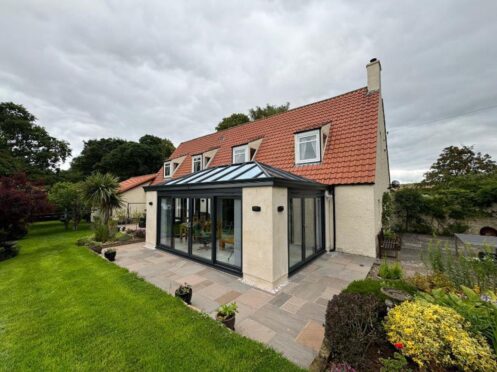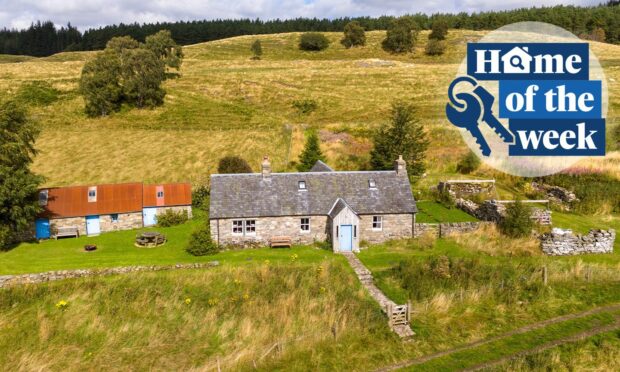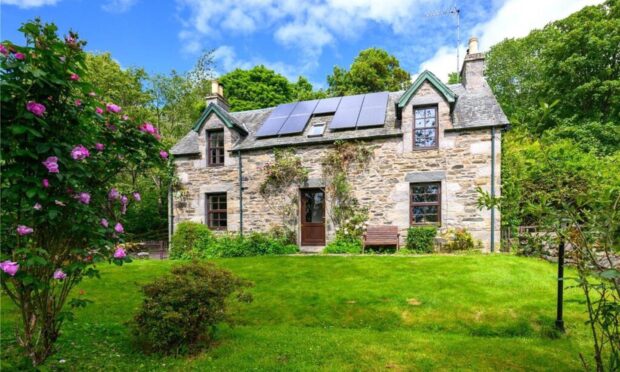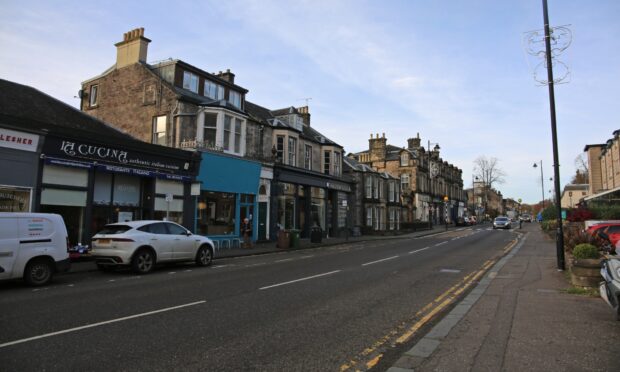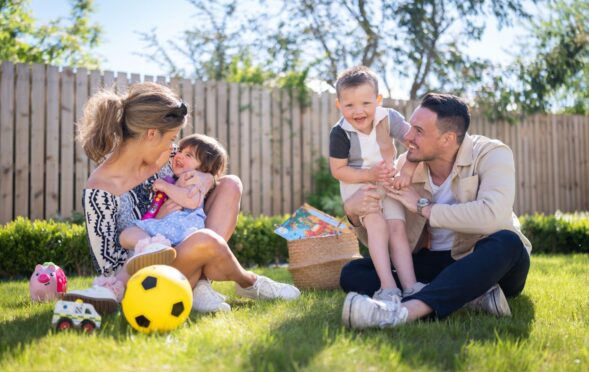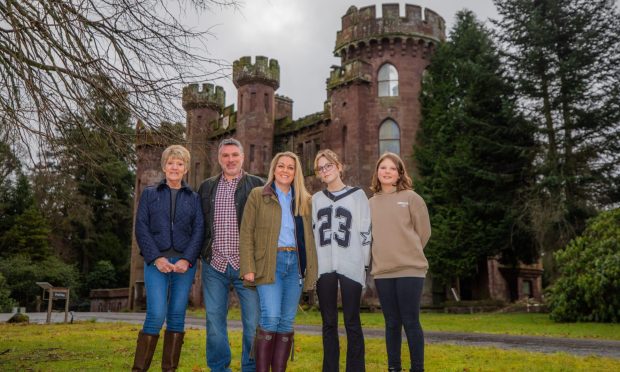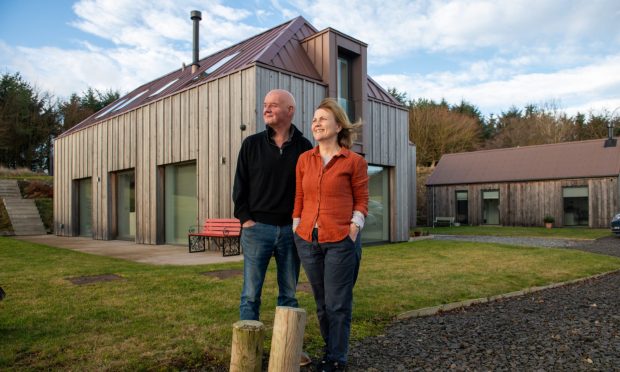Gardening expert John Stoa explains how the gardener’s weather plays a very important role in our activities.
Plant growth was running around two weeks or more later than normal, then all of a sudden we get our Scottish summer (three continuous cloudless hot days in mid May) on the east of Scotland while the south of England has been basking in hot weather for weeks. However it was brilliant to see the Isle of Skye as the country hot spot for sun and high temperatures. It has always been one of my favourite holiday destinations and gives me a wealth of images to paint.
However coming back from holiday mode and down to soil level, it has been great to catch up with planting and sowing, and even watering as our soil begins to dry out.
City road allotments has been a hive of activity as plotters enjoy a spot of leisure gardening. Weeds have not been a big problem as the cool spring held them back, but now seed sowing and planting are at full speed, but land is scarce as some overwintered crops are still taking up space. I have excellent winter hardy lettuce, chard, rocket and spring onions ready for the table from early March onwards and my cauliflower Aalsmeer, sown last autumn will be ready at the end of May.
Lettuce, radish, spring onions and beetroot sown early in cellular trays indoors and transplanted under low polythene tunnels is now well established and I should be picking the first of these fresh healthy salads at the beginning of June.
Strawberry Elsanta under tunnels is also well ahead and I hope to pick my first fruit at the end of this month especially if this warm spell continues. I am trying a new perpetual strawberry called Albion. This everbearer was bred in California and gets a good rating so I hope our Scottish climate doesn’t give him a fright. Another strawberry newcomer to try out is a row of Sweet Colossus said to have gigantic fruit and still very sweet and juicy. Better make sure the slugs and local blackbirds are kept well at bay.
Parsnip, turnip and swede have all been sown and my first early pea Kelvedon Wonder and first early potato Casa Blanca are all well up. Both got earthed up earlier just in case of a late frost.
Dwarf French beans are now sown and other plotters have planted out their runner beans, started earlier under cold greenhouses.
Summer cabbage, cauliflower, sprouts and kale are now all planted and protected from slugs, rootfly and pigeons.
Pumpkins and courgettes sown at the beginning of May and pricked out into individual pots in mid May are well ahead, but the land where they are destined to grow has been sown down with a clover green manure. Unfortunately the cold weather has held this back, so the idea might not be successful this year. Time will tell.
This green manured patch was also earmarked for my sweet corn, but these grew so rapidly that they needed planting well before the clover even germinated, so they are now planted on another patch earmarked for root crops. As this area had not been manured, I brought in a load of well rotted garden compost and forked it in just a few inches deep. They seem quite happy at this stage.
Gladioli and chrysanthemums give me some cut flower for the house as well as adding colour to the plot, so they always find a spot in the crop rotation. Good weather has allowed planting of these.
Wee jobs around the garden
Heathers of the Calluna type often flower in summer to autumn. To keep the plants bushy trim back any long shoots removing about 4 to 6 inches as they are now beginning to grow beyond last years flower spike and looking a bit leggy.
Remove seed heads from daffodils and tulips and discard. Seed heads from other bulbs such as snowdrops, crocus, anemone blanda, chionodoxa and aconites can be saved or scattered to increase stock as these will all grow again. However bluebells and grape hyacinths should be discarded once they have filled their allotted space otherwise they would love to take over the garden.
